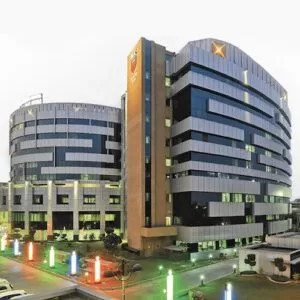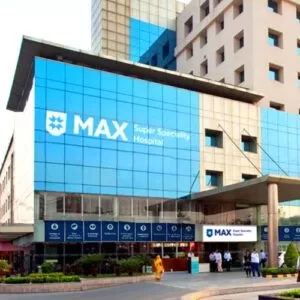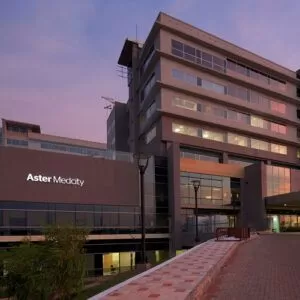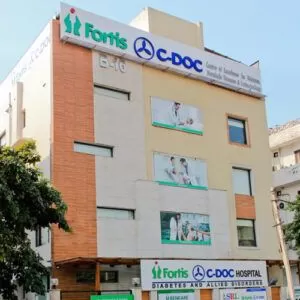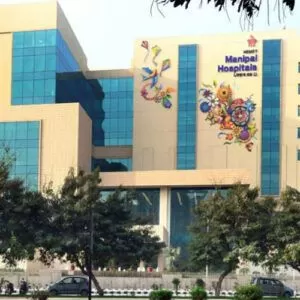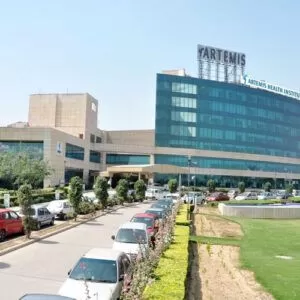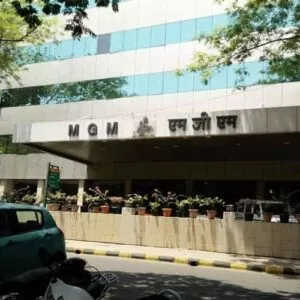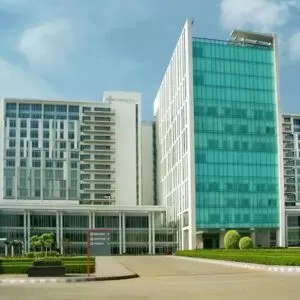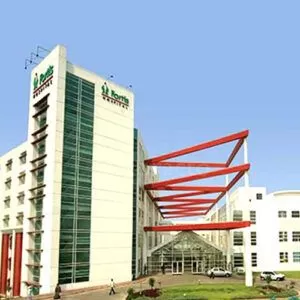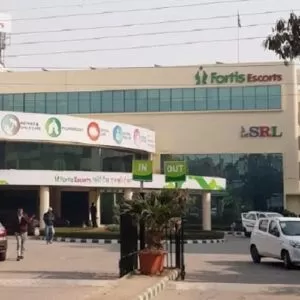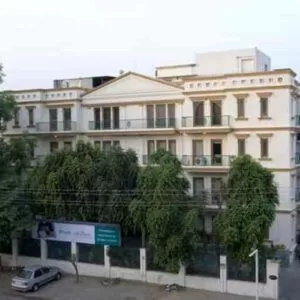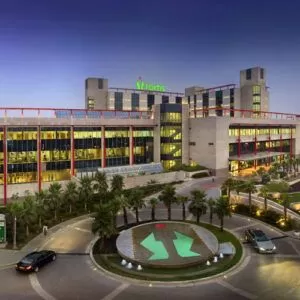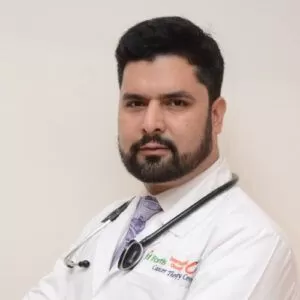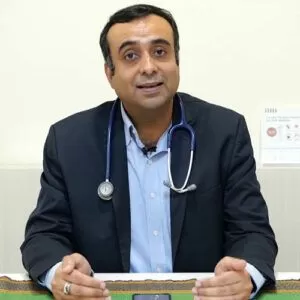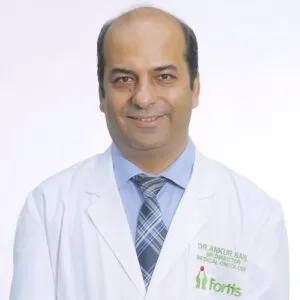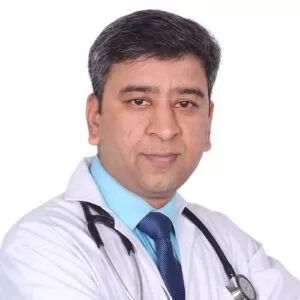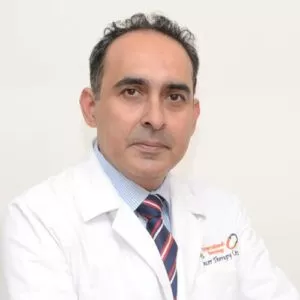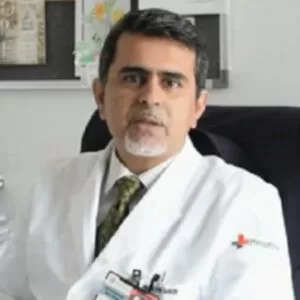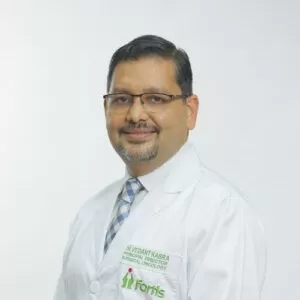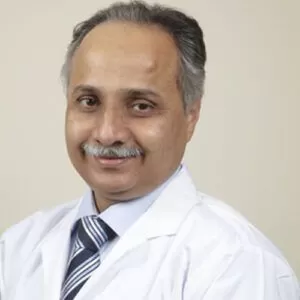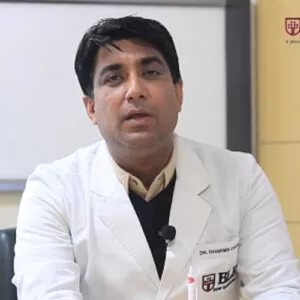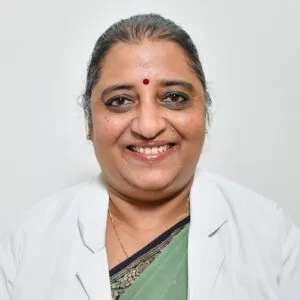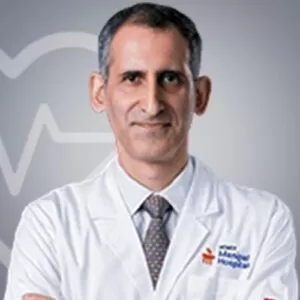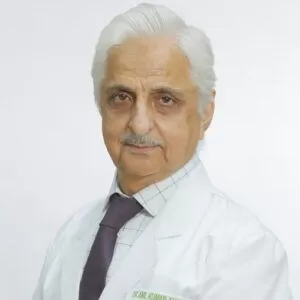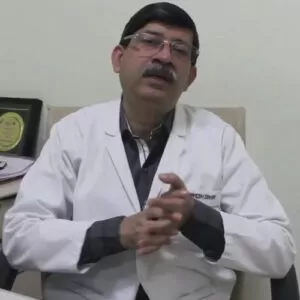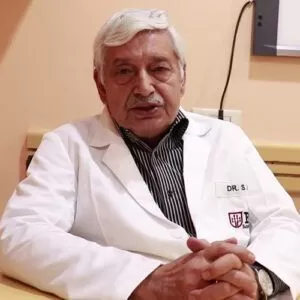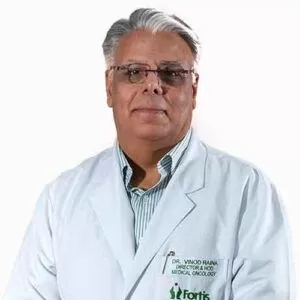Comprehensive Cancer Care by India’s Leading Oncology Experts
Major Treatments Available:
- Chemotherapy
- Immunotherapy
- Targeted Therapy
- Hormone Therapy
Join 10,000+ international patients who trust Shinon for expert cancer care across 400+ hospitals and 2,000+ doctors.
Guided by world-class medical oncologists, patients receive systemic therapies designed to halt or slow cancer growth across the body.
Key modalities include:
- Chemotherapy: Destroys cancer cells or shrinks tumors.
- Immunotherapy: Boosts the immune system to fight cancer.
- Targeted Therapy: Precision drugs with fewer side effects.
- Hormone Therapy: For hormone-sensitive cancers like breast and prostate.
Supervised by top oncologists like Dr. Sravan Kumar Chinthala, leading hemato-oncologist in India.
Surgical Oncology
Includes:
- Tumor excision and debulking surgeries
- Reconstructive surgeries (head, neck, breast)
- Minimally invasive & robotic surgeries
Led by Dr. Deepak Sarin, trained in skull-base and complex head-neck surgeries at University of Miami.
Radiation Oncology
At centers like BLK-Max and Medanta:
- IMRT, IGRT, SBRT, SRS
- VMAT, PET-Guided Radiotherapy
Delivered by experts like Dr. S Hukku and Dr. Kamal Verma.
Pediatric, Palliative & Preventive Oncology
- Pediatric Oncology: Leukemia, neuroblastoma care
- Palliative Oncology: Pain & symptom relief
- Preventive Oncology: Screenings, genetic counseling
- Dr. Vinod Raina – 37+ yrs | Ex-AIIMS | Fortis Gurugram | Expert in Breast, GI, Lung, Hemato-oncology
- Dr. S Hukku – Senior Radiation Oncologist, BLK-Max Hospital
- Dr. Deepak Sarin – Head & Neck Surgeon | Skull-base surgery expert
- Dr. Ankur Bahl, Dr. Rajat Bajaj, Dr. Pushpak Chirmade, Dr. Arun Warrier, Dr. Chandragouda Dodagoudar – Renowned medical oncologists with international training
Their collaborative approach ensures every cancer case receives precision diagnosis and tailored treatment.
- Fortis Memorial Research Institute, Gurugram – Robotic cancer surgery leader
- BLK-Max Hospital, Delhi – High-end radiotherapy and oncology
- Medanta – The Medicity, Gurugram – Organ-specific oncology excellence
- Amrita Hospital, Faridabad – Affordable and patient-centric care
- Artemis Hospitals, Gurugram – Precision oncology tech hub
- BGS Gleneagles, Bangalore – Noted for bone marrow transplant
- Aster Medcity, Kochi – Global patient services & holistic cancer care
All are JCI/NABH-accredited, with global patient support infrastructure.
- Oman: With Al Amal Medical Centre
- Uzbekistan
- Mongolia
Services include:
- Expert consultation from visiting Indian oncologists
- Report review and treatment roadmap
- Medical visa, travel & accommodation support
- Language/cultural liaison and post-return remote care
These OPDs ensure early guidance, trust, and continuity of care internationally.
- Breast cancer: Lump, nipple discharge, skin dimpling
- Prostate cancer: Difficulty urinating, blood in urine, pelvic pain
- Lung cancer: Persistent cough, hoarseness, shortness of breath
- Ovarian cancer: Bloating, pelvic pain, urinary urgency
If you or a loved one notice these, consult India’s top oncologists early via Shinon Global.
- Tailored hospital & doctor match based on your diagnosis and budget
- Network of JCI/NABH accredited hospitals with advanced diagnostics
- Personal case manager for full support in India
- Seamless logistics: visa, airport pickup, translation, stay planning
- Integrated post-treatment follow-up and remote care
- Transparent cost, timeline, and care planning
- Access to OPDs abroad for easy pre-treatment consults
With Shinon, you gain not just a treatment provider—but a care partner.
At Shinon Healthcare, we strive to make your medical journey as seamless and stress-free as possible. Our comprehensive range of services is designed to support you every step of the way, from pre-travel requirements to post-operative follow-ups. Here’s how we can help:
- Healthcare consulting and medical insurance: We provide expert guidance and assistance in choosing the right healthcare plan and medical insurance.
- Dedicated case manager: Each client is assigned a dedicated case manager who provides personalised support throughout the entire medical journey.
- Recommendations for treatments, doctors, and hospitals: Our team of medical experts provides recommendations for the best treatments, doctors, and hospitals to suit your needs
- Second opinion options: We offer second opinion options from leading medical professionals to ensure you make informed decisions about your medical treatment.
- Onsite surgeries: We facilitate onsite surgeries at top-tier hospitals to ensure the highest quality of medical care.
- Lab solutions and pharmacy supplies: We provide access to high-quality laboratory solutions and pharmacy supplies for your convenience.
- Facilitating further procedures at a chosen hospital on priority: We prioritise your further medical procedures to ensure timely and efficient medical care.
- Visa assistance, flight booking, airport pick-up, and drop-off: We assist with visa applications and flight bookings, and provide airport pick-up and drop-off services to ensure a hassle-free travel experience.
- Assistance in the hotel or guest house selection: We help you choose from a selection of top-rated hotels and guest houses to make your stay comfortable and enjoyable.
- Local guidebook and language interpreter support: Our local guidebook and language interpreter support services ensure that you have a smooth and enjoyable experience in your destination country.
- Assistance in local SIM cards and foreign exchange: We provide assistance in obtaining a local SIM card and exchanging currency to make your stay stress-free.
- Post-operative follow-ups: We provide postoperative follow-ups to ensure that you are recovering well and receiving the necessary medical care.
At Shinon Healthcare, we are committed to providing the highest quality medical value travel services, and our comprehensive range of services is a testament to our dedication to our clients.
